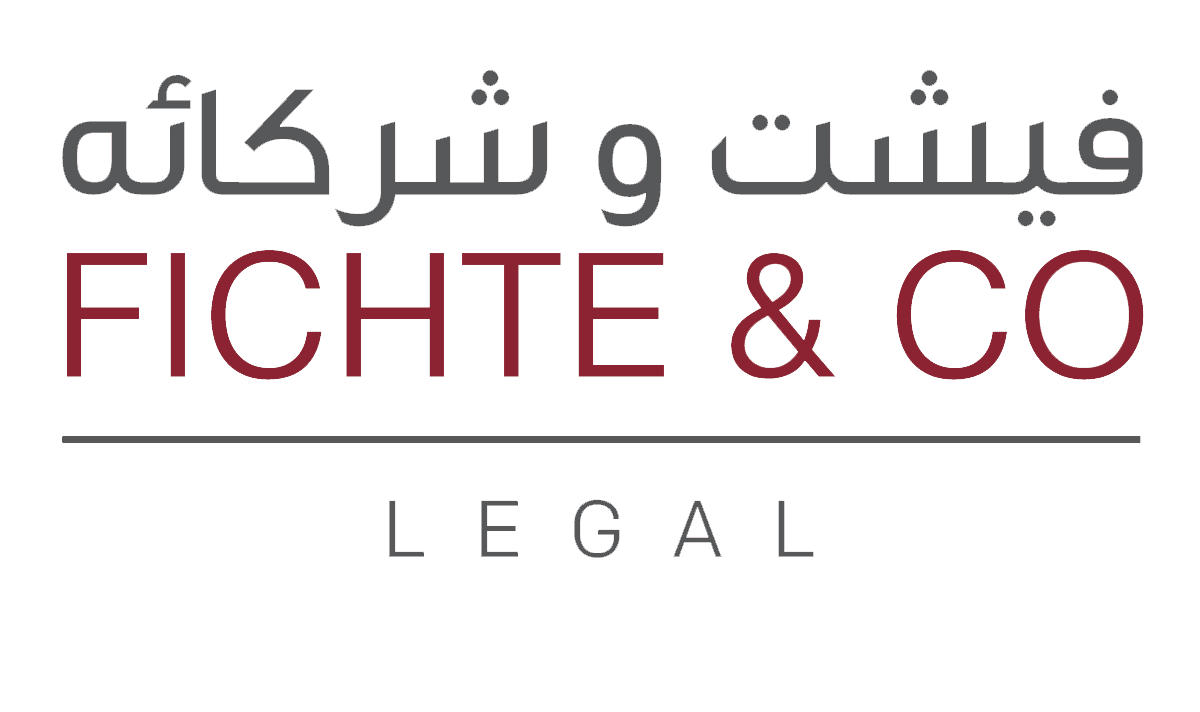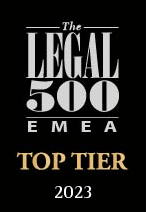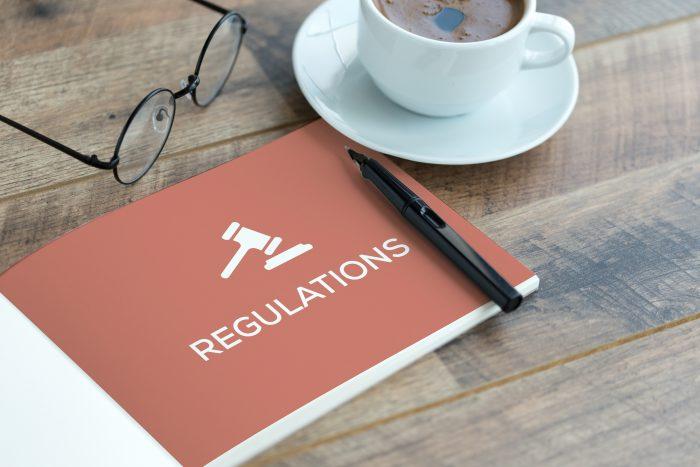Background
The Dubai International Financial Centre (DIFC), on 12 November 2018, issued the Ultimate Beneficial Ownership Regulations (“UBO Regulations”) with a deadline of 12 February 2019 to comply with its requirements. Owing to the high number of requests for clarifications, the DIFC recently issued a guidance note and organised an outreach session on 25 February 2019 to clarify certain aspects of the UBO Regulations.
We have summarised below the key points you should take note of.
When is the compliance deadline?
The deadline to comply with the UBO Regulations was 12 February 2019. However, the DIFC is offering a 30-day grace period and fines for non-compliance will only be applicable after 14 March 2019.
What is the penalty for non-compliance?
The penalty for non-compliance is a fine of up to USD 25,000 or a potential strike-off the DIFC registry.
What are Your Action Points?
All DIFC entities must:
- Log on to the DIFC client portal and confirm their ultimate beneficial owners (UBO). If the DIFC entity is exempt, then it must confirm its exempt status on the portal.
- Non-exempt entities must maintain an internal UBO register with certain statutorily prescribed details.
How do I determine my UBOs?
In simple terms, for DIFC companies, a UBO is a natural person who owns or controls (directly or indirectly) 25% or more shares or voting rights, or who has the ability to appoint or remove the majority of directors in the company.
If your corporate structure is complicated, then we can assist you with determining your UBO. As such, the onus is on the DIFC entity to determine who is their UBO.
Who are exempt entities?
Exempt entities are those DIFC entities who are:
- listed on a recognised stock exchange in a country listed in the DIFC guidance note;
- regulated by Dubai Financial Services Authority (DFSA) or a recognised financial services regulator;
- wholly owned by government or government entity;
- established under a UAE law to perform governmental functions.
What are partial exemptions?
If a DIFC entity is beneficially owned by an exempt entity, then the DIFC entity does not have to go further up the corporate chain and provide a natural person UBO. It can, instead, provide details of the exempt entity to the DIFC and enter the statutorily prescribed details in its UBO register. That said, note that if there are other natural persons who still fit the UBO definition, the DIFC entity will have to provide their details to the DIFC and include such UBOs in its UBO register.
Will my UBOs be disclosed to the public?
No, the DIFC is keen on protecting the identities of the UBOs and will not store the UBO details of DIFC entities on a central database. Instead, the DIFC is exploring storing such secret information in a vault which can only be accessed by private keys.
Need Help?
We are happy to help with filing your UBO details on the DIFC client portal or with preparing your UBO register. Please get in touch with info@fichtelegal.com or call us +971 4 435 7577
**This article is for general informational purposes and must not be construed as legal advice.
Author: Priyasha Corrie




